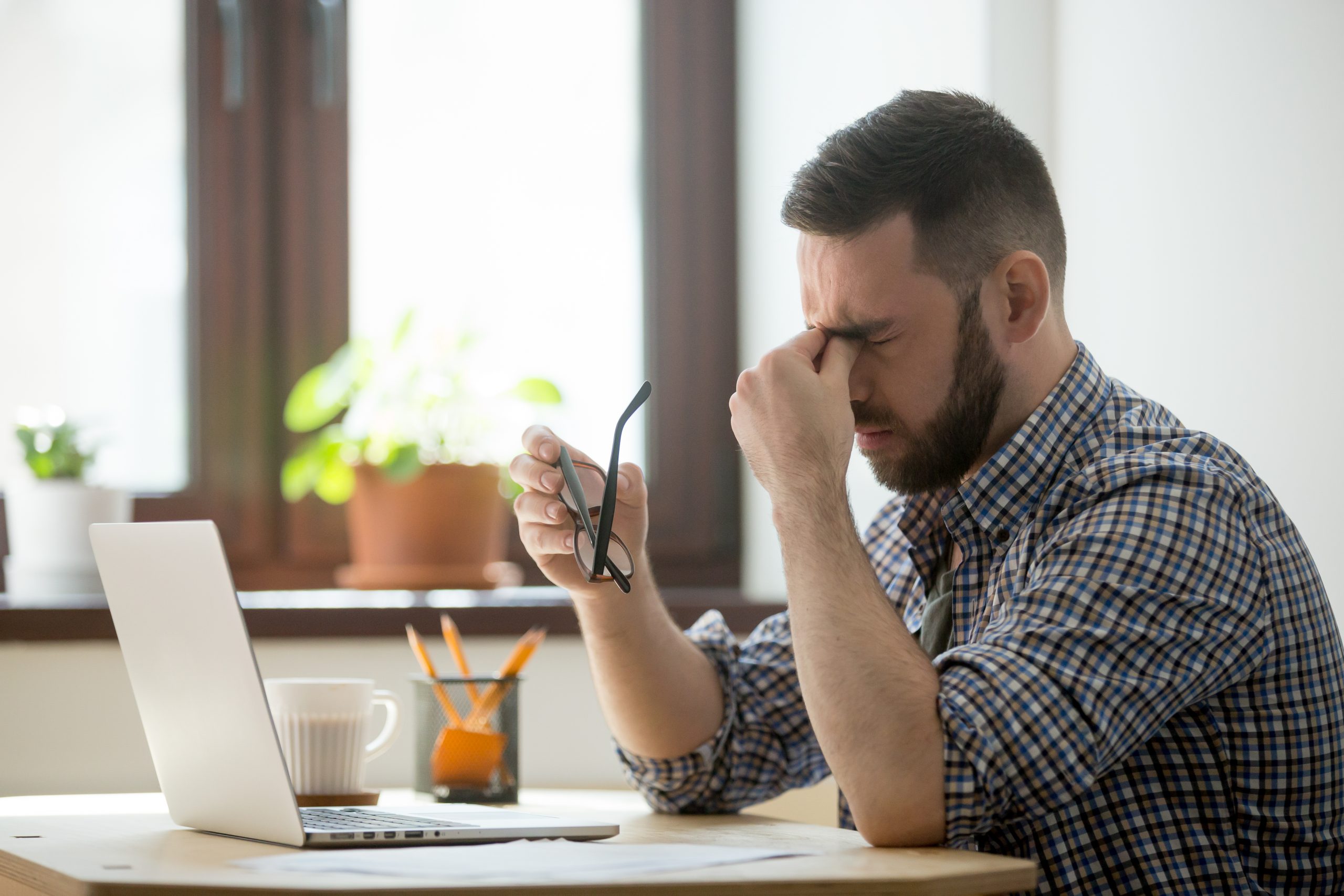Familiarize yourself with this list of 14 grounding techniques so you can help yourself become a more relaxed person that’s better equipped to deal with whatever life and anxiety might throw your way.
If you’re struggling with anxiety, you’re not alone! It’s one of the most common mental health conditions, and we have good news for you, anxiety is highly treatable! It can be overwhelming and get in the way of doing the things you love, however with some self-care and grounding exercises, you can experience inner peace and a mind free of distractions and anxiety.
Article Content:
- What are grounding exercises?
- How can grounding exercises help me?
- 14 grounding exercises
- The 5-4-3-2-1 Method
- Deep Breathing
- Change Position
- Mindfully Eat or Drink Something
- Journal
- Exercise
- Laugh
- Positive Things
- Counting Awareness
- Mindfully Shower
- Send A Text
- Imagine A Good Place
- Use Your Voice
- Read Good News
- Get Help
What are grounding exercises?
Grounding exercises or techniques are strategies that can help you manage intense emotions or escalating thoughts. They allow you to step away from negative thoughts into a calmer mindset. These include deep breathing exercises, meditation, journaling, and other accessible practices that you can incorporate into your life with minimal effort.
How can grounding exercises help me?
Common anxiety symptoms include feelings of restlessness, insecurity, being disconnected from your surroundings, trouble concentrating, and overwhelming thoughts, and grounding techniques take you away from all that and to the present. They help you be mindful and aware of what’s happening right now and in the world around you.
While medication can help some people with anxiety, they typically take time to take effect. Grounding techniques can be more helpful for instant relief and help you get in tune with the root problem. Often a combination of grounding and relaxation techniques, medication, and coping skills learned in therapy are used for dealing with anxiety.
14 grounding exercises
- The 5-4-3-2-1 Method
Identify sights, sounds, smells, tastes, and physical sensations. This can make you feel more connected and in the present moment & puts you in awareness of your surroundings.
Step 1: Find five things that you can see and say them out loud.
Step 2: Find four things that you can feel, like the warmth of the sun on your skin, the softness of your pillow, and say them out loud.
Step 3: Find three things that you can hear and say out loud.
Step 4: Find two things you can smell, like the scent on your bed sheets or your favorite perfume.
Step 5: Find one thing you can taste like the aftertaste of toothpaste – any tastes you can manage to discover at the moment.
By the time you’re done with all five of the senses, your mind will be away from what was making you feel anxious, and you will be mindfully in the present.
- Deep Breathing
Breathe in slowly and deeply, and breathe out slowly. Imagine all your worry and anxiety leaving your body as you exhale. Count to four while inhaling, hold your breath for a count of four, exhale for a count of four, and hold your breath again for a count of four. This can help refocus your thoughts and slow your heart rate when feeling anxious.
- Change Position
Changing your physical position can help you be more mindful and keep you in the present moment. If you’re sitting down, stand up. If you’re standing up, try sitting down and wiggling your fingers or toes.
- Mindfully Eat or Drink Something
Eat or drink something while focusing on the sensations they give you. Is it hot or cold? How does it taste? What does it smell like? What about its texture? Focusing your attention on those will help shift your thoughts away from the anxious ones.
- Journal
Writing down your feelings and what’s happening right now can help you get rid of stressful emotions. Keep these writings as a journal to help you examine your triggers for your anxiety later.
- Exercise
Exercise doesn’t have to be planned or extensive. Do a couple of jumping jacks on the spot, some quick yoga poses, or just go for a 5-minute walk to help you change scenery and get your mind off what might have overwhelmed you.
- Laugh
Laugh even if it’s hard to laugh. Force a laugh, start by saying “Ha ha ha ha” out loud until you’re genuinely laughing at how funny or silly it is to laugh for no reason. This will bring you back to the present when you feel like you might be spinning out of control.
- Positive Things
Write down a list of 5 positive things in your life and save that list somewhere highly visible. This will be a helpful reminder that positive things and goodness exist beyond your anxiety.
- Counting Awareness
Look around you and count the things you can see. Count anything around you like the light bulbs, the tiles, the trees, the cars on the road.
- Mindfully Shower
Take a shower and pay attention to every part of the experience. Focus on the sensation of the water on your skin or the smell of the shampoo. Imagine your worries sinking into the drain with the water and your thoughts being washed away from your hair along with the shampoo.
- Send A Text
Check-in on someone you care about through a WhatsApp message. Texting them will give your mind something different to focus about and talking to someone you care about will provide you with comfort and take your mind off what was making you feel anxious.
- Imagine A Good Place
Imagine yourself in a safe and comfortable place. This can be an imaginary scenario, or somewhere you’ve felt good in the past. Feel the safety and comfort. Put yourself there for a few minutes until you feel calmer.
- Use Your Voice
Use your voice, especially if you’re alone. Say your name, pick up a book and read the first paragraph you see out loud, or just read out the ingredients of the first product you can find around you. Hearing your own voice and focusing on reading something will help bring you back to the present.
- Read Good News
Look up the news online and read an uplifting story about something going on in your community, the country, or the world. Do not read the bad news when you’re anxious! For this purpose, bookmarking a positive news website may be helpful, such as the Positive News website or the Good News Movement on Instagram.
Get Help
Even though anxiety is one of the most common mental health challenges people struggle with, many people continue to suffer in silence. With therapy, you can learn the proper coping mechanisms that work specifically for you, manage your unique anxiety triggers, and learn ways to change your thinking and behavior to eliminate anxiety. Anxiety is highly treatable, so don’t hesitate to get the help you need today!
A platform like Ayadi with a roster of qualified therapists and psychologists that speak both English and Arabic can help you find the best therapist for you. You can browse their specializations and treatment methods, or talk to one of our client care agents to match you with a therapist for your needs.

